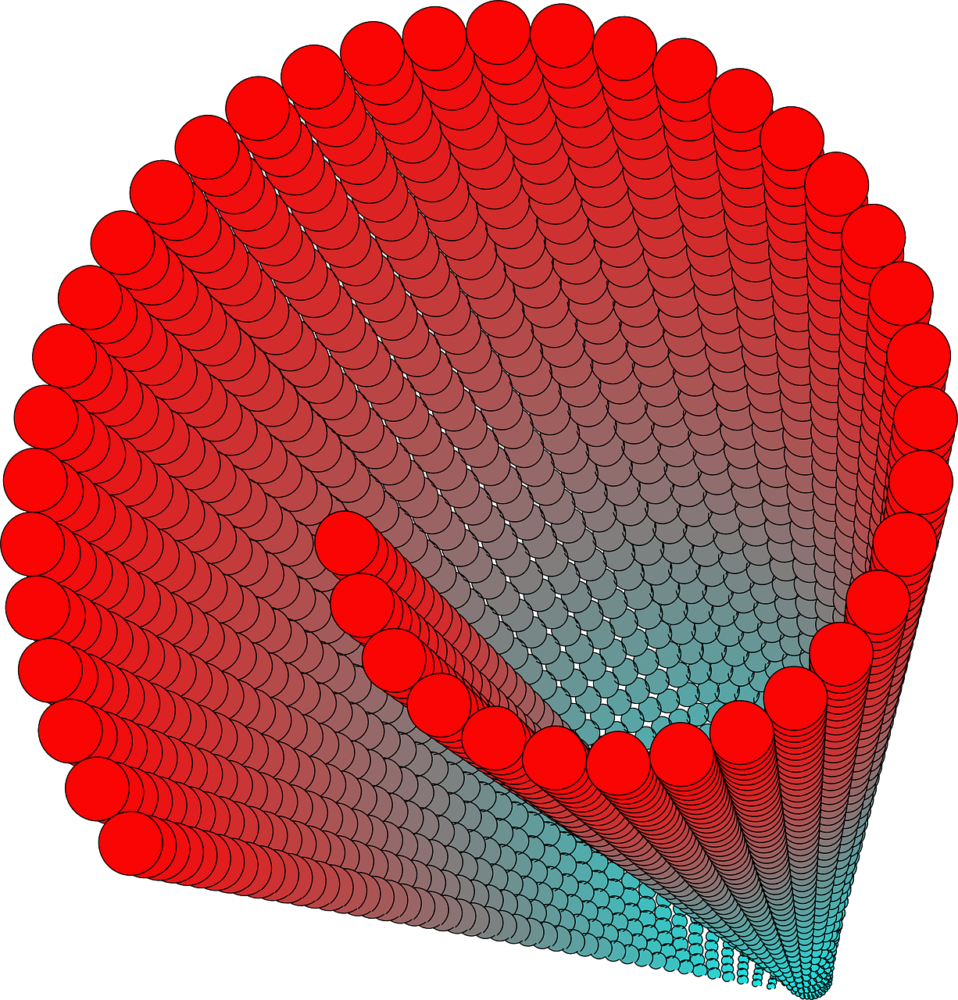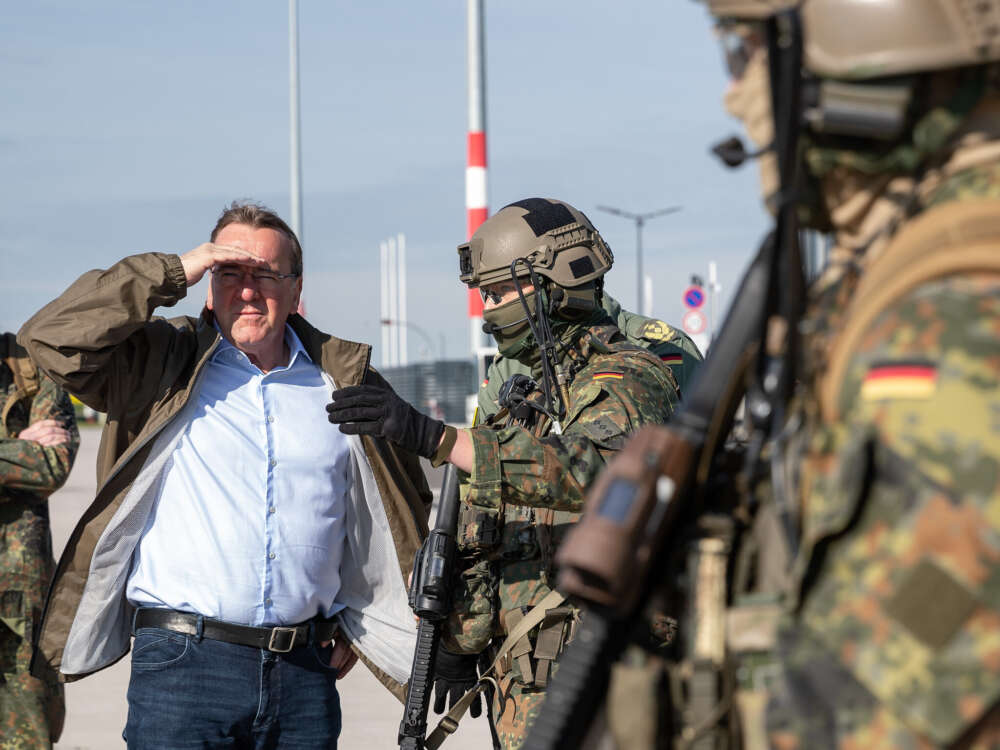Futures-Thinking
Futures, Peacebuilding, Participation, Conflict, Decolonial

Futures-thinking is used to gain new perspectives on futures, identify future opportunities, and devise solutions to shape present-day actions. It includes diverse creative approaches that engage with ideas about the future, whether for analytical purposes or as a tool for political intervention. On one side, private and public organizations analyze possible futures to improve strategic planning. On the other, futures-thinking allows political actors and communities to imagine transformational change and desired futures. Increasingly, it is being researched for its value in peacebuilding for conflict prevention and resolution.
In peace and conflict contexts, methods such as scenario analysis, horizon scanning and visioning emphasize collaboration between participants. In contrast, quantitative forecasting relies on data analysis and computer algorithms to analyze possible future trends like conflict onset. Policymaking has seen a proliferation of quantitative early-warning systems and forecasting, reflecting the increased quantification of evidence-based policymaking. While quantitative methods are often used for external conflict analysis, qualitative approaches can also be used for direct interventions with conflict parties and conflict-affected communities.
This entry examines divergent perspectives on decolonization in the futures-thinking literature. Some authors advocate for the inclusion of both qualitative and quantitative methods, while others critically examine the assumptions underlying these approaches. Critiques of futures-thinking focus on power dynamics and hierarchies, mirroring decolonial perspectives in peace and conflict studies. One key critique is the assumed linearity of futures-thinking models, such as the “futures cone”, which may contrast with non-Western knowledge systems that view time as non-linear or cyclical. Additionally, the notion of neutral methods, rooted in a positivist understanding, is challenged on the grounds that it masks normative assumptions. As a result, the widespread (possibly uncritical) adoption of futures-thinking in policymaking risks reinforcing Western perspectives in peacebuilding.
The entry highlights a number of alternative approaches in futures-thinking that offer pathways for the inclusion of indigenous and local knowledges and practices to foster sustainable peace. First, critical futures approaches such as Causal Layered Analysis (CLA) aim to expose hidden assumptions and challenge entrenched thinking, which is crucial in conflict settings. By engaging with dominant perspectives, underlying systems and worldviews, CLA helps participants to develop critical insights and imagine post-conflict futures that move beyond the conflictual status quo. Second, the Transformative Scenario Process methodology was pioneered during South Africa’s transition from apartheid, and allowed key conflict actors to jointly reflect on and work towards desired futures. Third, narrative foresight, which is closely related to CLA, focuses on the deeper layers of myths and metaphors that shape contentious issues. This approach can harness traditional knowledge instruments, such as oral storytelling, to explore potential futures. By treating reality and futures as continuously negotiated, narrative foresight allows conflict-affected communities to engage meaningfully with their circumstances and envision constructive futures.
The entry thereby demonstrates how futures-thinking offers valuable tools for analysis and intervention in peacebuilding. It also reflects on critical approaches that emphasize the need to address underlying biases and incorporate a broader range of non-Western and local knowledges.
Gelila Enbaye’s contribution was originally published in the virtual encyclopedia Rewriting Peace and Conflict, in January of 2025.




